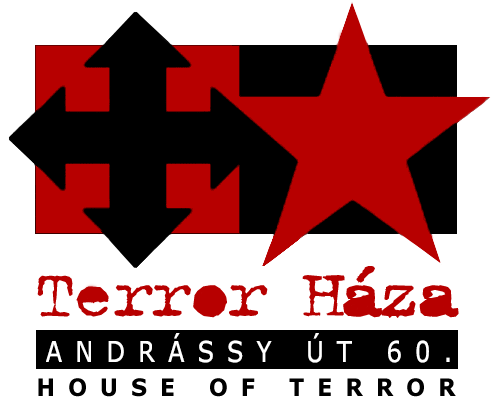In the room contemporary posters and objects conjure up the communist workaday. The mind-set suggested by the crudely garish posters was just as mendacious and miserable as the ideology behind it.
I don’t think that Coca-Cola has a stupefying effect.”
Népsport (People’s Sport), 1952
After World War II the Iron Curtain separated the countries occupied by the Soviet Union from the free West. This was when the Cold War officially began, with the borders between the continent’s two halves made impenetrable by minefields and wire fences. The Iron Curtain was not built to protect citizens from external attack, but to lock them in and prevent them from setting foot outside the sealed zone of communist human experimentation.
In cinemas, the pre-movie news bulletins trumpeted the Party’s successes, while newspapers were only allowed to publish approved, censored articles. Students were subject to compulsory military training, and there was constant war-mongering and threats of a third world war. A new coat of arms and new public holidays were introduced in an attempt to do away with national traditions. There was no longer a public holiday on 15 March, and instead in schools and workplaces there was the compulsory commemoration of “Liberation Day” on 4 April, and the anniversary of the 1917 Bolshevik putsch on 7 November. On festive occasions “The Internationale” and the anthem of the Soviet Union blared from loudspeakers in public spaces.
While the Party’s leaders continuously proclaimed a wonderful future, the communist planned economy resulted in constant shortages of goods. Shops were empty, and even many basic foodstuffs were in short supply. Communists, of course, received extra supplies.
In emulation of the Soviet Union, the cult of the “great leader” was built up in Hungary. Mátyás Rákosi’s portrait hung in every public institution, and at the obligatory parades the image of Hungary’s “big brother” looked down on his subjects, alongside Lenin and Stalin.
The party’s propaganda posters were not very different from contemporary American advertising posters. The communists were quick to assess what practices from the “sinful West” were worth adopting.













